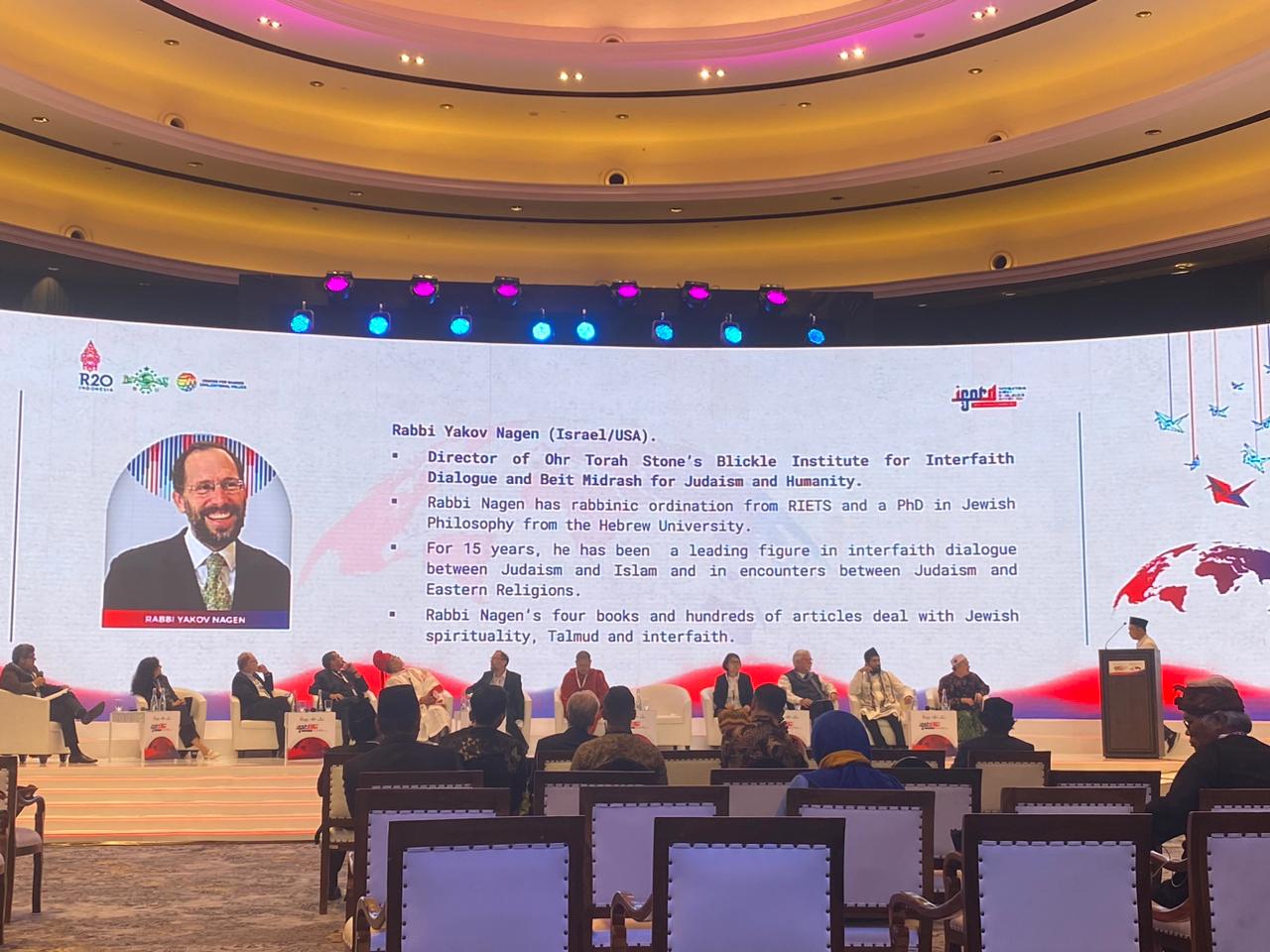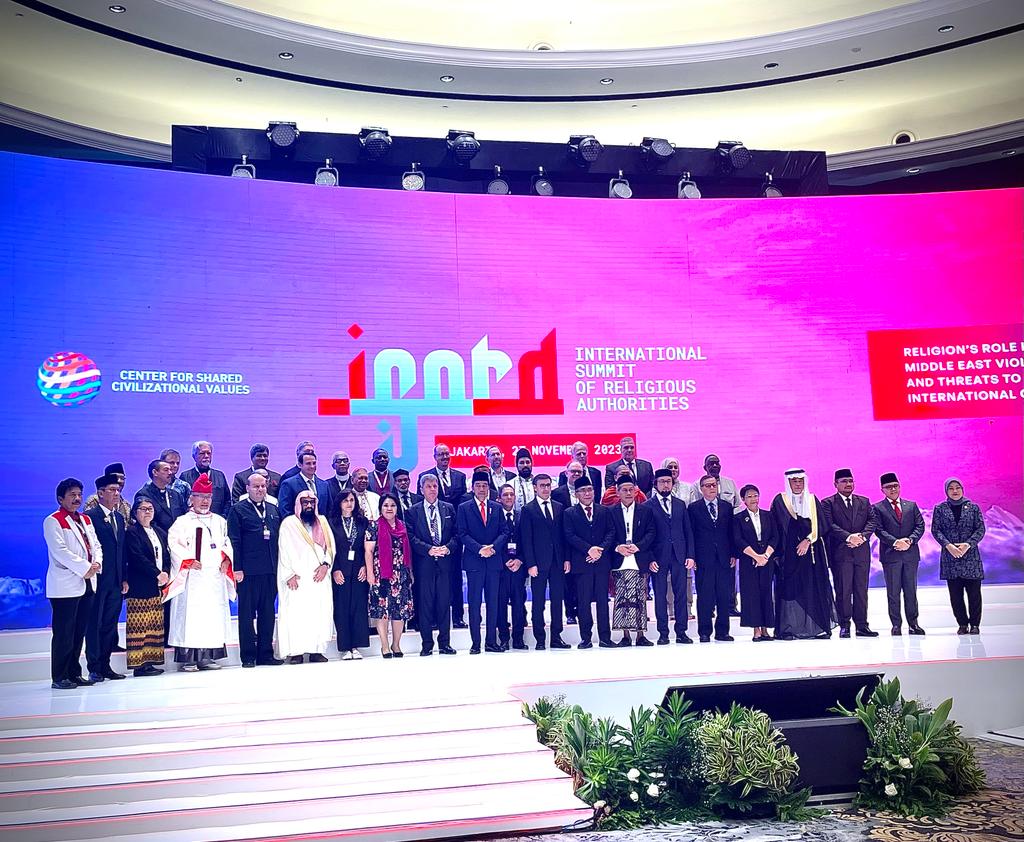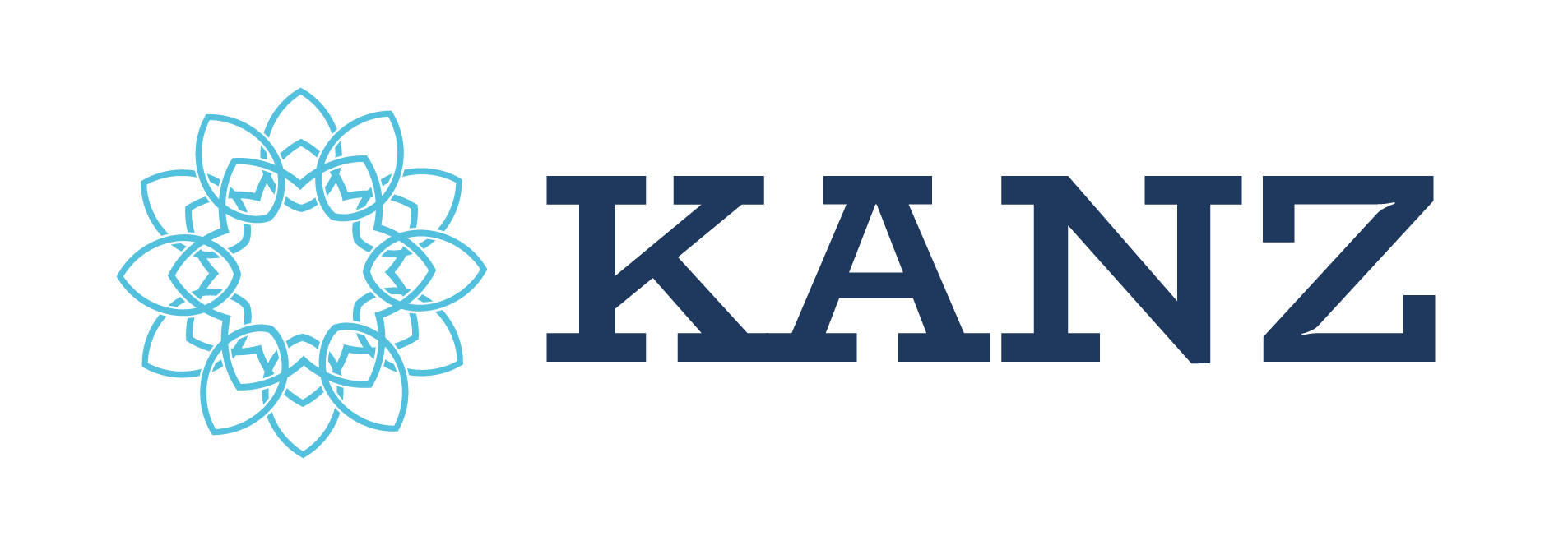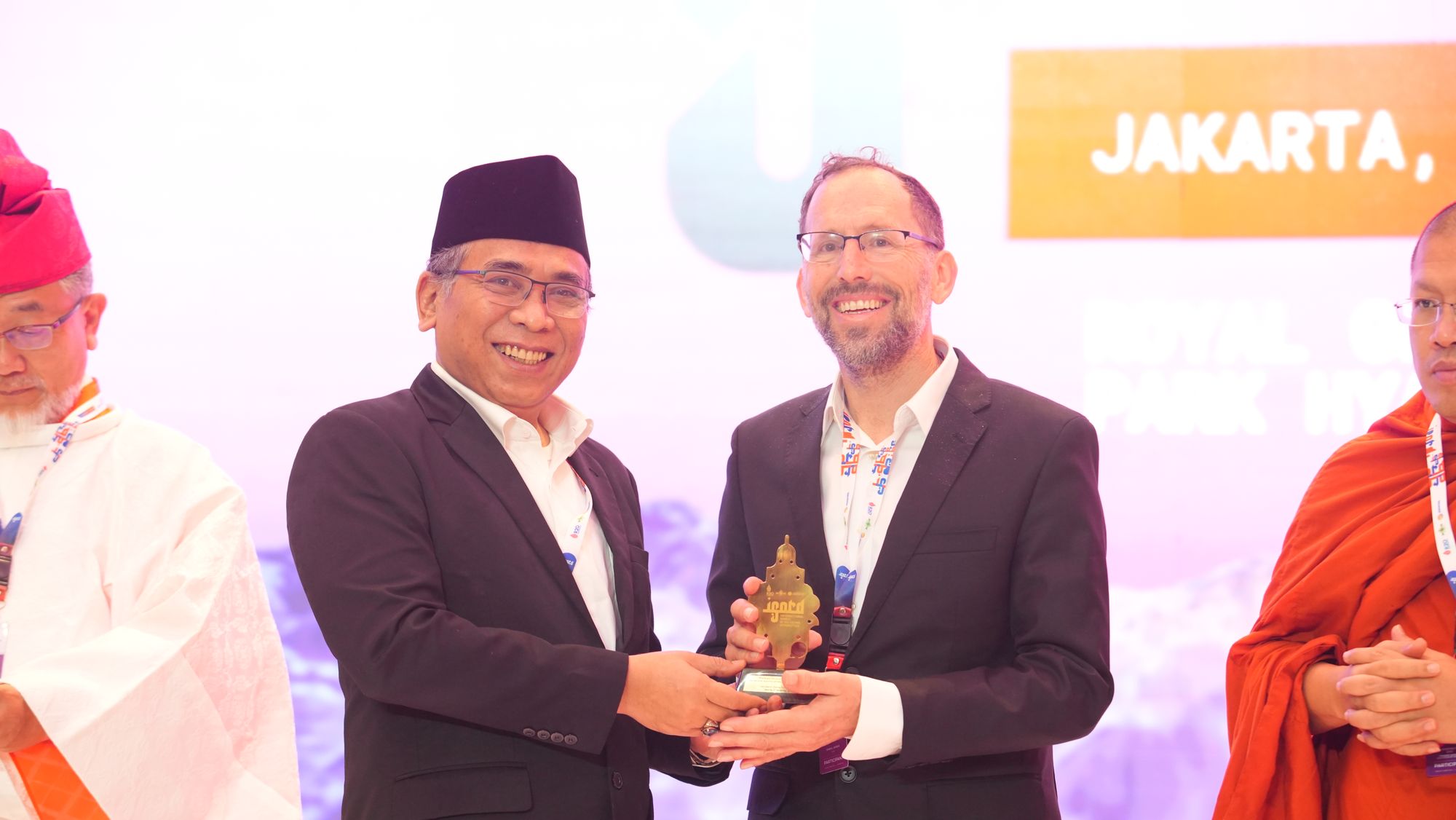Rabbi Yakov Nagen speaks about the inherent tendency of authentic religious traditions to unify rather than divide and discusses efforts by "Nahdlatul Ulama" to promote global solidarity and respect among diverse cultures and religious traditions.
For many years, I have been guided by the aspiration that religion, especially in conflicts within the Middle East, shifts from being a divisive factor to becoming a unifying force. My hope is that our fundamental identities do not lead to conflict but instead bring us together to construct a positive future where individuals from all backgrounds and faiths are included. This vision has been profoundly challenged by the massacre by the Hamas on October 7th and its aftermath, which has led to so much human suffering for both Israelis and for the Palestinians of Gaza. Indeed, my work focuses on building bridges for Jewish Muslim relations whereas the atrocities of the October 7th, the darkest hour for the Jewish people since the Holocaust, were perpetrated in the name of God, in the name of Islam. In this context, it has been a moving source of consolation that, in the heart of the war, the world’s largest Muslim organization, Nahdlatul Ulama (“Revival of Islamic Scholars”) has been leading global initiatives “to ensure that our religious traditions serve as a genuine and dynamic source of solutions, rather than problems, in the 21st century.”
On November 27, 2023, through their Center for Shared Civilizational Values, they convened in Jakarta Indonesia the R20 International Summit of Religious Authorities (ISORA). Entitled “Religion’s Role in Addressing Middle East Violence and Threats to a Rules-based International Order, its goal in the words of the organizers is “to contribute to a long-term effort to build a global alliance that seeks to prevent the political weaponization of identity; curtail the spread of communal hatred; promote solidarity and respect among the diverse peoples, cultures, and nations of the world; and foster the emergence of a more just and harmonious world order, founded upon respect for the equal rights and dignity of every human being.” I was privileged to attend the summit and, in my address, present the following vision for the future and a path for us to follow to achieve it:
“Bismillah ar-Rahman ar-Raheem
Besham el-rachum v'chanun
These powerful words, from the Arabic of the Quran and the Hebrew of the Bible, are similar in sound and meaning: “In the name of God, the Compassionate, the Merciful.”

If these words would truly be not only upon our lips, but also guide our heads, our hearts, and our hands — if our lives and actions would indeed be aligned with and express the will of our compassionate and merciful God — this could heal our broken world. For it could lead not only to an innovative declaration of human rights, but to the realization of a religiously grounded universal declaration of human rights.
Yet the painful reality we confront stands a world apart from the ideals expressed by these lofty words. Why is that?
Too many religious adherents believe that divine compassion is only for “Us” and not for “Them.” Too few believers live in accord with the truth that God’s mercy extends to all human beings, who are the Creator’s beloved handiwork.
The great question confronting religions in our global era — which will determine the future welfare of humanity — is whether our innermost identities will pit us against one another or bring us together to build a noble future and to share in a great unfolding story, in which there is a place for all.
Three wise words about the path we must take to overcome the deep-rooted conflicts that plague our world, and the Middle East in particular: “connection before correction.”
As the great Sufi mystic Jalal u-Din Rumi put it “Beyond the idea of right and wrong, there is a field where we will meet.”

That field, that place of connection, is about relationships. Deep and authentic relationships necessarily entail acknowledging and respecting each other’s deeply rooted identities.
Cultural, ethnic, and religious identities are not “problems” to be ignored as if they will disappear, as John Lennon hoped when he sang, “Imagine there’s no countries, it isn’t hard to do, nothing to kill or die for, and no religion, too.”
The religious identities embraced by human beings constitute a powerful reality. The question is: “Will that power be used to build or to destroy?” It is vital that we harness our respective religions to accomplish the former.
Three steps are necessary for this to occur:
One: Building new yet deeply authentic and source-based theological and spiritual paradigms that grant — or acknowledge — the legitimacy and value of others’ identities.
It is not enough to proclaim that “my religion is about love, peace, and tolerance.” We must shift to truly seeing and appreciating the good, the beauty, the value, and the blessings inherent in others’ identities.
This would not preclude critiques and disagreements between us, but we must achieve the realization — both intellectually and in the depths of our hearts — that the God in Whom I believe, to Whom I pray, and Whom I serve is the very same God that others love and serve. As the Qur’an states in the Chapter al-ʿAnkabūt (“The Spider”), “And do not argue with the followers of earlier revelation otherwise than in a most kindly manner — unless it be such of them as are bent on evildoing — and say: ‘We believe in that which has been bestowed from on high upon us, as well as that which has been bestowed upon you: for our God and your God is one and the same, and it is unto Him that We [all] surrender ourselves.’”
This belief will help unite our hearts and allow religion to function as a genuine and dynamic solution to the world’s problems.
Two: These new theological paradigms must be massively disseminated throughout our respective communities if there is to be lasting change. This is a long-term process involving education and media, which we must begin.
Three: Real life encounters with other communities can facilitate developing this respect for, and acknowledgement of, the other. Relationships are key to establishing the empathy and trust that are essential if we are to correct our beliefs regarding others.
The pursuit of such change along mutual, parallel tracks in our respective religions will help accelerate this process.
I feel deeply touched that this important summit is being held in the Republic of Indonesia, whose motto, Bhinekka Tunggal Ika, means “Unity amid Diversity.” For that is the essence of the shared vision that I hope and pray will soon encompass the world.

